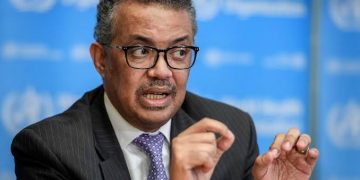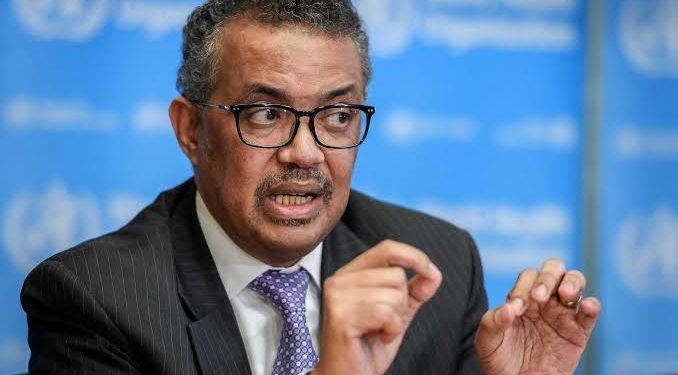By John Ikani
The World Health Organization on November 26 declared the recently-discovered B.1.1.529 strain of COVID-19, first detected in Southern Africa, to be a variant of concern and renamed it Omicron.
“Based on the evidence presented indicative of a detrimental change in COVID-19 epidemiology… the WHO has designated B.1.1.529 as a variant of concern, named Omicron,” the UN health agency said in a statement.
It went on to note that early evidence on the variant, first discovered in South Africa, has shown an increased risk of reinfection compared to other highly transmissible variants, indicating that people who contracted COVID-19 and recovered could be more subject to catching it again with Omicron.
The classification puts Omicron into the most-troubling category of COVID-19 variants, along with the globally-dominant Delta, plus its weaker rivals Alpha, Beta and Gamma.
Nations rushed to ban flights from seven countries in the Southern Africa region – Botswana, eSwatini, Lesotho, Mozambique, Namibia, South Africa, Zimbabwe – while stock markets and oil prices plunged on fears surrounding the variant, potentially dealing a heavy blow to the global economic recovery.
The WHO said it could take several weeks to complete studies of Omicron to see if there are any changes in transmissibility, severity or implications for COVID-19 vaccines, tests and treatments.



































